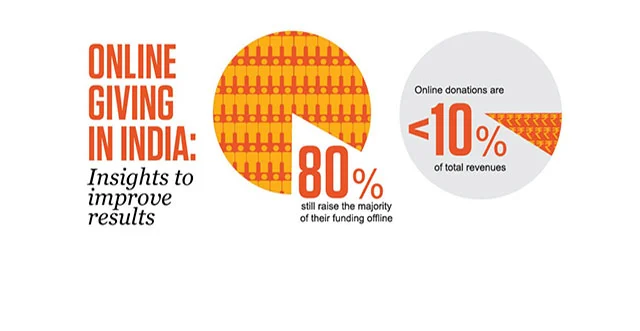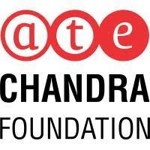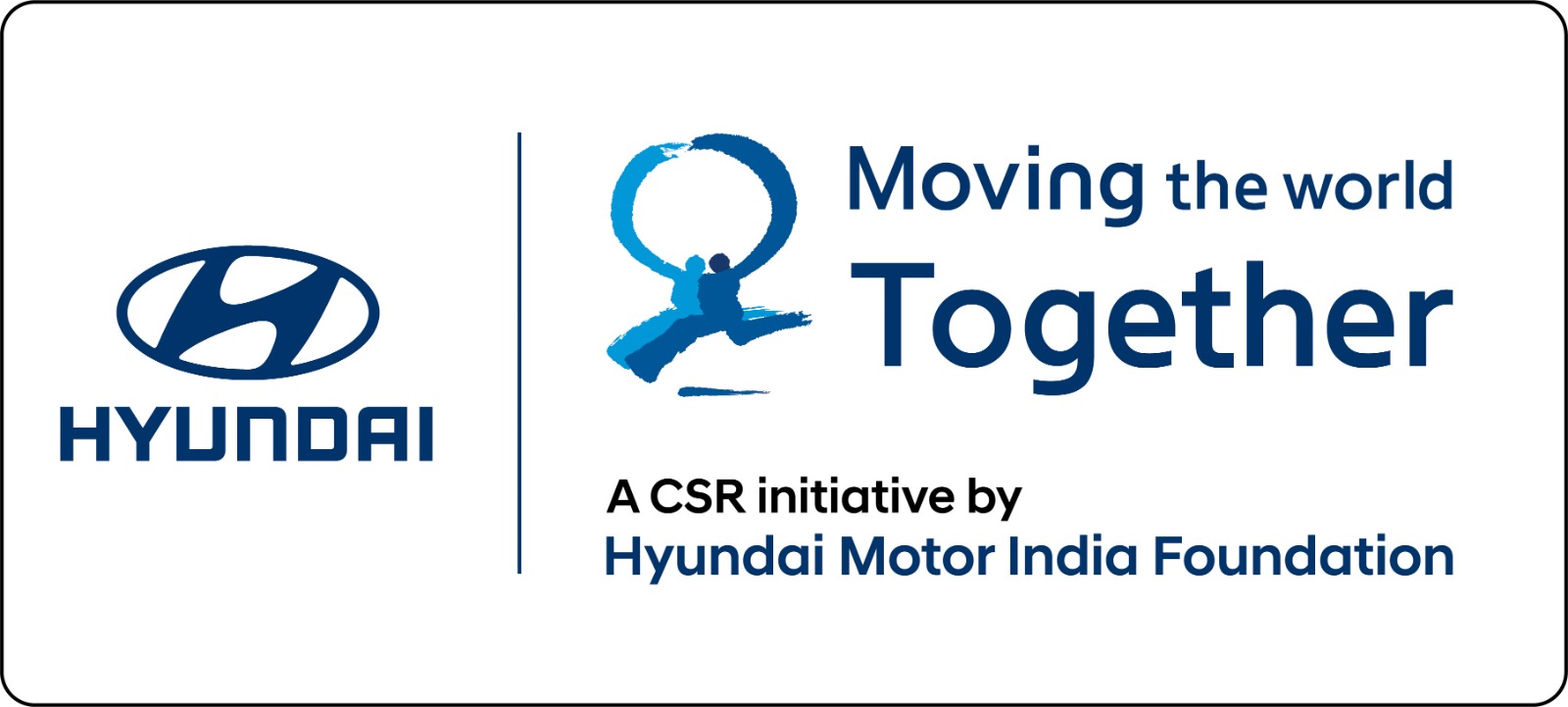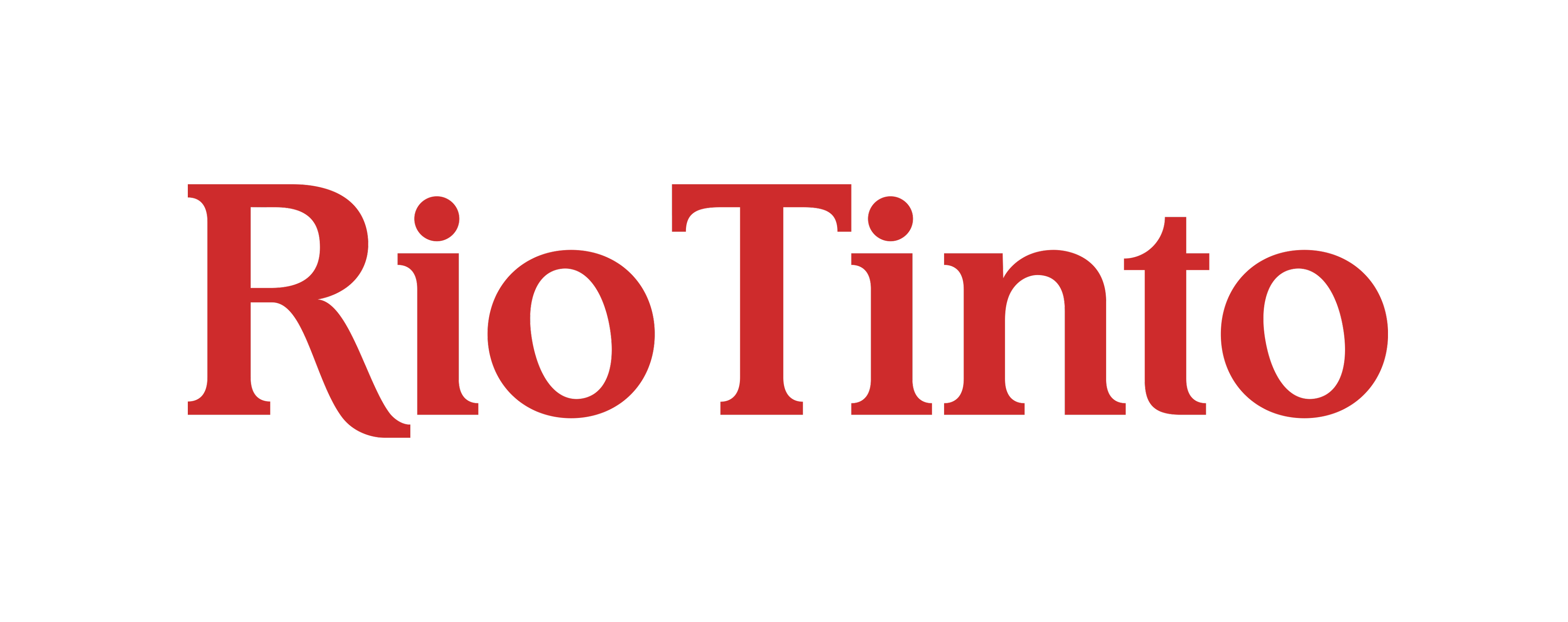Over the recent decades, the giving landscape has undergone great change. Online donations have gradually paved their way into the giving scenario and have become an intrinsic part of the life-changing work done by NGOs. The digital sphere now offers an additional platform to the NGO sector for not only increasing engagement with potential donors but also securing funds strategically.
The key to raising more money for various causes in India is to determine how to best use offline and online channels together. The question is, ‘given its unique donor and digital environment, what integrated fundraising practices have proven to work best in India, particularly with respect to online campaigns?”
To exactly understand the Indian online giving paradigm, OneStage did a pilot study where we interviewed 30 NGO representatives to understand their digital preparedness/campaigns. This study done in two phases aims to fill this knowledge gap by:
- Consolidating the learning from various Indian experts, NGOs, fundraising partners.
- Undertaking pan-Indian donor research to understand their motivations and digital behaviour for effective giving.
- Reviewing international and Indian best practices and lessons learned to guide effective communication and fundraising efforts.
The report called was launched recently during VANI’s (Voluntary Action Network India) national council meeting. The study represents a critical first step to collecting information on digital trends/practices in the sector.
Our respondents predict that 20% of all giving in India will occur online within two years and 50% within 10 years. The consolidated insights from the research address the motives, challenges and successes of online fundraising, making way for the NGO sector to thrive in the digital age. The primary finding of this new report and data collected from various NGOs suggests that the sector is inclined to embracing new media to enhance online fundraising, but in a very conservative manner.
Here are few other insights from the research paper:
- Corporates and individuals under the age of 40 represent the largest groups of online donors.
- Online donors are easier and less resource intensive to track, thank, keep informed and re-approach for future donations.
- The ability to measure and track a campaign and its results is far more precise for online fundraising activities than for offline.
- Experience of online fundraising campaigns has been less predictable in terms of outcomes, in part due to lack of experience and expertise within the NGOs themselves.
- It is easier to scale up fundraising campaigns online than offline and to adapt them based on what is working and what is not.
- NGOs are actively exploring the use of email fundraising, AdWords, Facebook lead generation and crowd funding.
However, from our conversations with dozens of NGO leaders, we learnt that several charitable organisations in the country are continuing to struggle with building the capacity and expertise required to succeed at online fundraising efforts. They lack knowledge of the digital behaviour of donors and experience with the medium, and are too bound by insufficient budgets to experiment and learn.
The report also reflects a number of best practices and, if implemented well, will fuel your organisation’s success at online fundraising.
Do stay tuned to this blog platform for the second phase of the research findings that will reveal donor motivations and digital behaviour for effective giving.
Wishing you all roaring Online success!
Search
Categories
Recent Posts
- A brief visit to a project site in Gurugram
- How was OneStage born?
- ‘The plight of people moved me, and the heroic efforts of frontline workers inspired me to support COVID Relief work’
- 7 ways to take care of your Mental Health during the pandemic
- 5 things you must keep in mind before forwarding information on COVID












.png)

.png)

